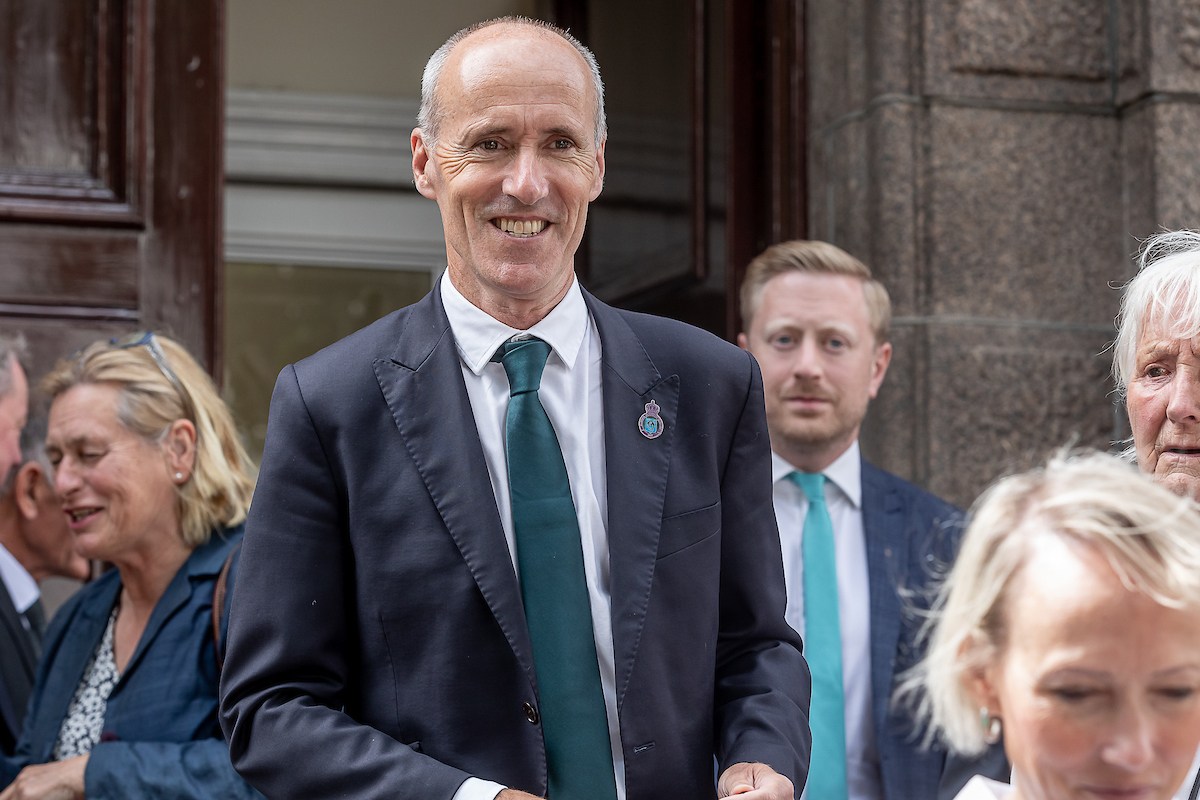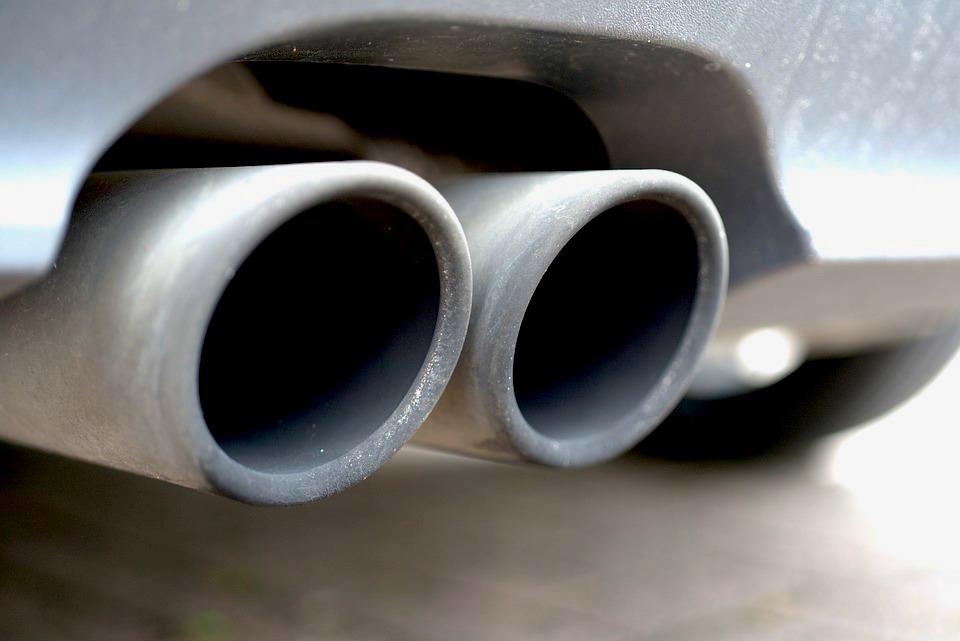


The Government is hitting the brakes on a plan to subsidise a renewable fuel due to global market volatility.
Known as the ‘Carbon Neutral Roadmap’, the Government’s agreed plan to achieve net zero emissions contained a pledge to bring forward a proposal in its budget “to subsidise the rate of fuel duty charged on second generation renewable diesel by 32 ppl until 2026.”
Reform's Deputy Rob Ward this week asked the Environment Minister for an update on that work.
Deputy Jonathan Renouf responded: "Officers have been working closely with colleagues in Treasury and Customs & Excise to model different scenarios of uptake and costs based on a number of varying parameters.
"It should be noted that the proposed subsidy in the Carbon Neutral Roadmap is a fixed pence per litre and so the total cost to the Climate Emergency Fund will not be impacted by changes to the price of [renewable fuel].
"However, the level of uptake of subsidised [renewable fuel] will be impacted by its price relative to conventional diesel.
"Since the market for both fuels remains so volatile it is incredibly difficult to anticipate the effect of any such subsidy.
"To that end I have taken the decision to pause implementation of policy TR3 of the Carbon Neutral Roadmap until there is greater certainty in the market and we can be sure that the subsidy will lead to a significant uptake of [renewable fuel]."

Pictured: Environment Minister Deputy Jonathan Renouf.
He added: "I strongly believe that renewable fuels have an important role to play in the transition away from fossil fuels, however we need to carefully judge our intervention in the market to ensure that the subsidy achieves the desired effect."
Released yesterday, the new Government Plan for 2023 to 2026 pledged a freeze in fuel duty.
It also contained a plan to increase Vehicle Emissions Duty, "most notably on higher CO2 emitting vehicles", from 1 January 2023.

Pictured: VED will rise to encourage the use of greener vehicles.
The Government Plan document explained: " Continuing to encourage the purchase of electric cars and lower emission vehicles, Ministers are proposing to significantly increase VED rates from 2023. This excludes commercial vehicles and tractors.
"VED charges will increase for nearly all vehicles, with the greatest increases applying to the most polluting vehicles. From 1 January 2023, the highest two bands will be increased by 75% and 85% respectively, with lower bands increasing by 32%.
"The Government will continue to keep VED rates under review for future years to encourage the importation of more efficient petrol and diesel vehicles, as well as electric vehicles."
Duty freezes and more money for Health in new Gov's spending plan
Plan for special ‘green number plates’ for EV owners
Scrapped! Vehicle scrappage scheme driven out of carbon neutral plan
Jersey legally bound to cut carbon emissions to net-zero by 2050
Comments
Comments on this story express the views of the commentator only, not Bailiwick Publishing. We are unable to guarantee the accuracy of any of those comments.